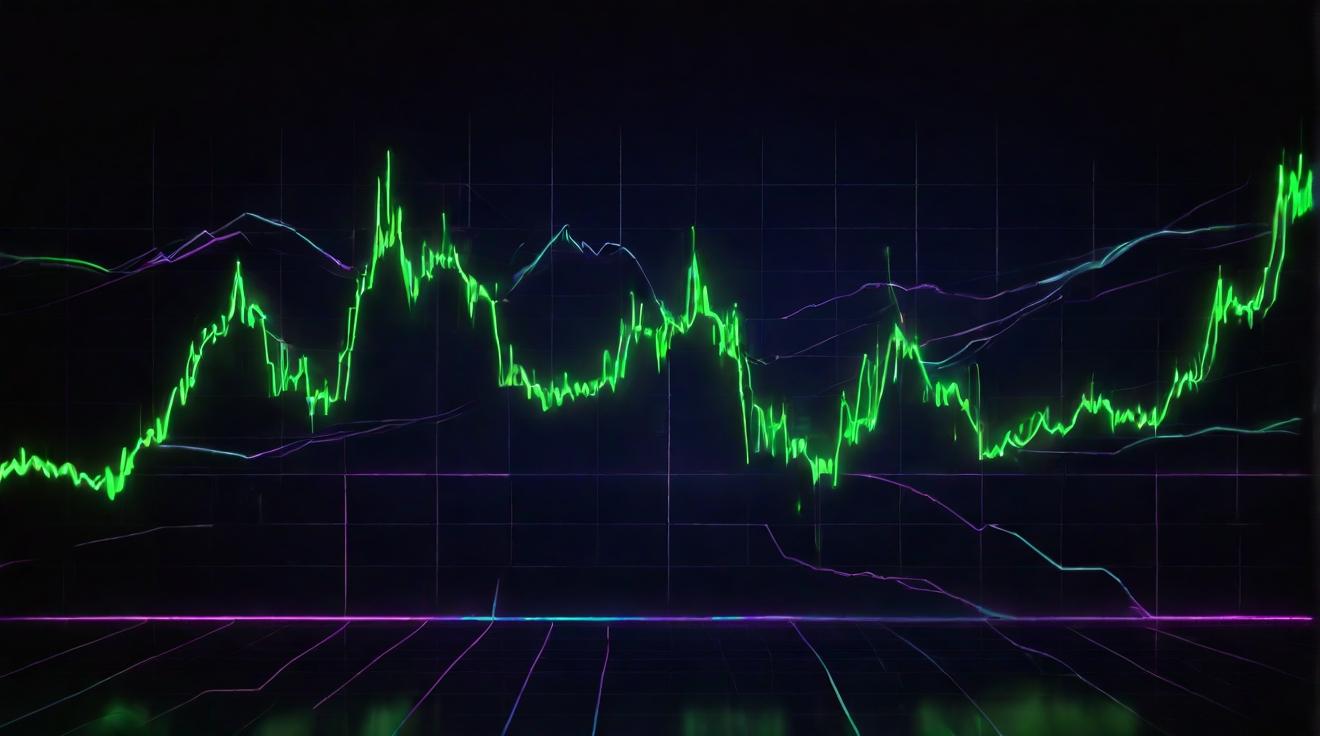Ether ETFs Gain Momentum Amid Shifting Institutional Sentiment
Ether (ETH), the foundation of decentralized finance, NFTs, and smart contracts, is increasingly attracting institutional capital through the growth of spot exchange-traded funds (ETFs). In August 2025, Ether ETFs saw net inflows of $3.87 billion, contrasting with Bitcoin ETFs, which recorded $751 million in outflows during the same period. This divergence highlights a potential shift in institutional preferences within the cryptocurrency market.
Understanding Ether ETFs and Their Market Significance
An Ether ETF is a financial product traded on traditional stock exchanges that provides investors exposure to ETH without the need to directly purchase or store the cryptocurrency. Spot ETFs hold the underlying Ether directly, whereas futures ETFs track derivative contracts based on ETH. The inflows into these ETFs represent net capital entering the market, signaling institutional demand and confidence.
As of late August 2025, key Ether ETFs include BlackRock’s ETHA with $16 billion in assets, Grayscale’s ETHE at $4.6 billion, and Fidelity’s FETH holding $3.5 billion, summing to approximately $28.8 billion—around 5.3% of Ether’s total market cap. While Bitcoin ETFs remain larger overall, led by BlackRock’s IBIT at roughly $82 billion, the recent inflow trend favors Ether.
Market Implications of Ether ETF Inflows for Traders
ETF inflows serve as important indicators of institutional positioning and often precede significant price movements. Increased inflows typically reduce the supply of ETH on exchanges, contributing to upward price pressure and heightened volatility.
- Institutional Sentiment: Growing inflows suggest that major financial actors, such as hedge funds and pension funds, are increasing their ETH exposure.
- Liquidity Effects: As ETFs absorb more Ether, available supply decreases, potentially driving prices higher.
- Historical Context: Past crypto ETF inflows, such as the $7.6 billion in 2021, helped propel Bitcoin to new highs.
Notably, Ether ETFs recorded record single-day inflows exceeding $700 million in July and August 2025, coinciding with ETH approaching all-time highs near $5,000. Traders can monitor platforms like SoSoValue and CoinShares for real-time inflow data to anticipate market trends.
Short-Term Price Dynamics and Trading Strategies
Substantial inflows into Ether ETFs can trigger rapid price appreciation but also contribute to volatility and pullbacks. For example, despite strong inflows, ETH experienced a 4% drop within 24 hours after failing to maintain the $5,000 level in August 2025.
Traders should consider strategies such as momentum trading during inflow surges, hedging with futures or options, and tracking ETH reserves on exchanges to anticipate supply squeezes. The growing options market volatility linked to ETF activity also opens opportunities for premium capture.
Long-Term Institutional Integration and Adoption Trends
The rise of Ether ETFs reflects broader institutional acceptance of Ethereum as a financial asset beyond speculation. Corporate treasury adoption is increasing, with companies like SharpLink Gaming and BitMine Immersion Tech holding significant ETH reserves. Industry leaders, including VanEck’s CEO Jan van Eck, have characterized ETH as integral to financial infrastructure.
Potential long-term benefits include enhanced liquidity, reduced volatility, and expanded participation from pension funds and insurance companies. Approval of staking within ETFs, anticipated by the end of 2025, could further embed ETH in traditional finance.
Risks and Challenges Facing Ether ETF Investors
Despite positive momentum, several risks warrant caution:
- Regulatory Uncertainty: Ongoing legislative developments, such as the GENIUS and CLARITY Acts, aim to clarify crypto regulations, but the SEC’s stance remains fluid and could impose restrictions affecting ETF operations.
- Competition from Bitcoin ETFs: Bitcoin ETFs retain dominant market share, and Ether must sustain inflows to maintain its momentum.
- Volatility and Market Dynamics: Ether ETFs are still in early growth stages, with potential for significant price swings requiring disciplined risk management.
- Dependency on ETF Flows: Overreliance on inflow data can be misleading; traders should integrate multiple indicators for comprehensive market analysis.
In summary, Ether ETF inflows in 2025 signal a notable shift in institutional engagement with Ethereum, carrying implications for price action and market structure. However, investors and traders should balance enthusiasm with prudent risk assessment amid evolving regulatory and competitive landscapes.
FinOracleAI — Market View
The surge in Ether ETF inflows reflects growing institutional confidence in Ethereum’s utility and financial integration. This trend supports positive short-term price momentum by tightening supply and increasing demand. However, regulatory uncertainties and Bitcoin’s entrenched dominance pose risks that could temper sustained inflow growth. Traders should monitor ETF flows alongside exchange reserves and regulatory developments to gauge future market direction.
Impact: positive













